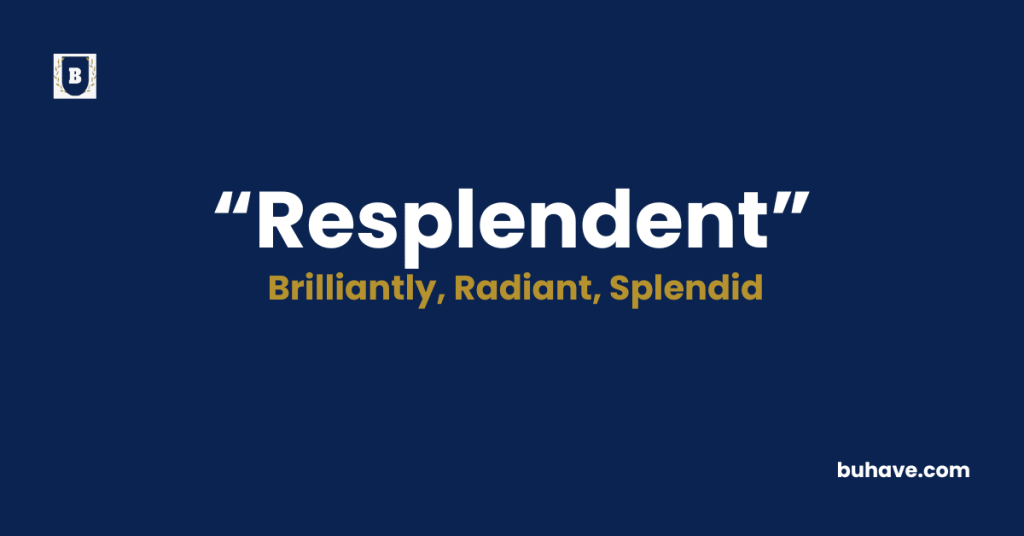The word ‘Revel’ (Verb) means to take great pleasure or delight in something especially through lively celebration or joyful experience. In this guide, you’ll learn the full definition, synonyms, antonyms, etymology, and real-life examples of how to use ‘Revel’ correctly in sentences.
Revel Explained in Depth
A complete and detailed guide to the word Revel including meaning, definition, examples, etymology, synonyms, and antonyms.
Meanings of Revel
To revel means to thoroughly enjoy or delight in an activity, often involving lively or noisy celebration. It can describe both physical partying and emotional enjoyment such as reveling in success, attention, or freedom As a noun, a “revel” refers to a lively and festive celebration, often involving music, dancing, and enthusiastic enjoyment. For example, you might revel in your achievements after hard work, or people might revel all night during a festival or wedding.
Definition:
Revel is defined as to enjoy oneself in a lively and noisy way, especially with drinking and dancing. It also means to take intense pleasure or satisfaction in something refers to a lively celebration or festivity, often involving cheerful gatherings and social enjoyment.
Etymology
- “Revel” originates from the Middle English word revelen, meaning “to feast or make merry.”
- It came from Old French reveler, meaning “to rise up in rebellion or noise, to make merry.”
- Ultimately from Latin rebellare, meaning “to rebel,” which over time came to reflect wild celebration or abandon.
So while it originally hinted at rowdiness or rebellion, the modern sense focuses on joyful, expressive pleasure or celebration.
Example Sentences:
- They reveled in the freedom of the open road, with the wind in their hair and no destination in mind.
- The entire town came out to revel during the annual summer festival.
- After finishing the marathon, she took a moment to revel in her accomplishment.
Revel Synonyms:
- Celebrate
- Enjoy
- Delight
- Rejoice
- Party
- Luxuriate
- Exult
- Bask
- Frolic
Antonyms:
- Mope
- Grieve
- Suffer
- Worry
- Brood
- Lament
- Complain
- Despair
FAQs about Revel
Here are some frequently asked questions (FAQs) about the word “Revel”
1. What does “revel” actually mean?
“Revel” means to enjoy something with enthusiasm and energy especially in a festive or lively way. You can revel at a party or quietly revel in a moment of joy or pride.
2. Can “revel” be used in a serious context?
Yes. While it’s often used for lighthearted or joyful experiences, you can also “revel in success,” “revel in solitude,” or “revel in learning all of which may have a more introspective or professional tone.
3. Is “revel” positive or negative?
“Revel” is generally positive, though in some contexts (especially in old literature) it could imply overindulgence or excess. Today, it’s mostly used to describe joyful or meaningful enjoyment.
4. What’s the difference between “revel” and “rejoice”?
- Revel: Often physical and lively enjoyment—like dancing, partying, or celebrating with others.
- Rejoice: A more internal, often spiritual or emotional joy—like feeling deeply happy or thankful.
5. Can “revel” be a noun?
Yes. As a noun, a “revel” refers to a celebration, festival, or lively gathering filled with joy and amusement.
Example: “The New Year’s revels lasted until dawn.”






